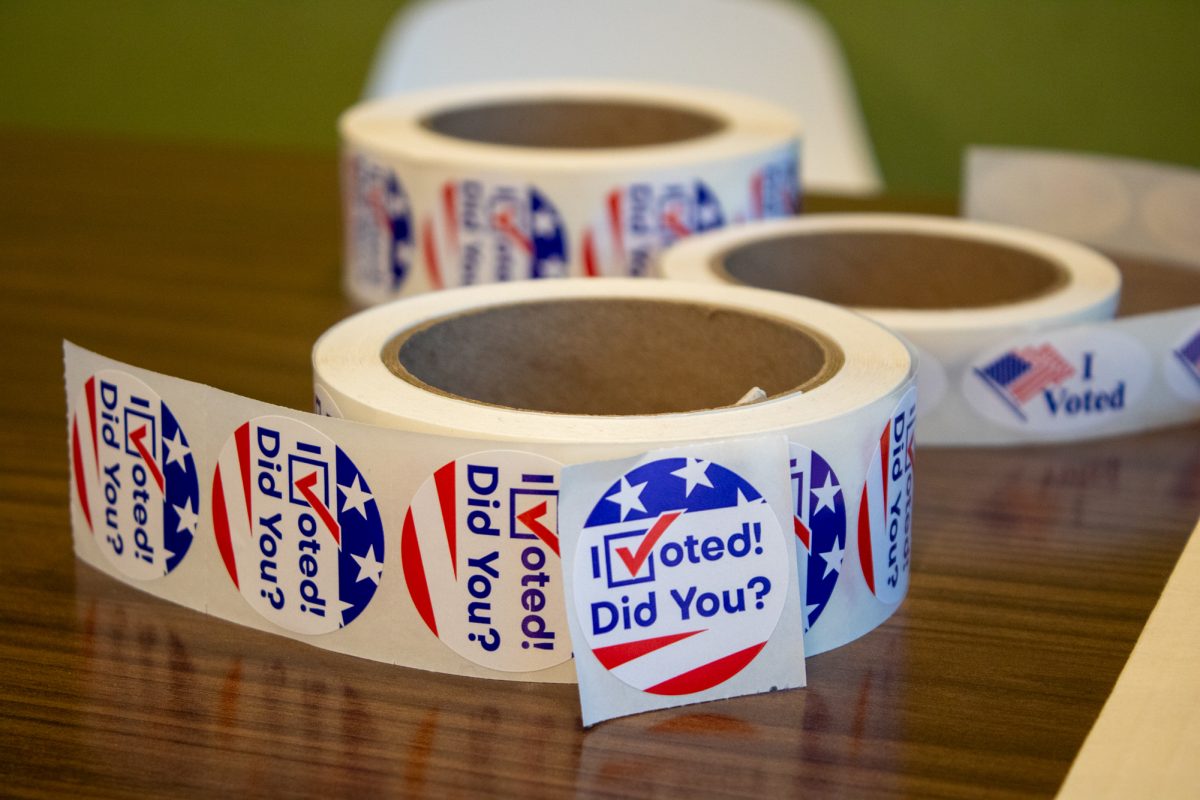Inflated grades
June 25, 1997
Grade inflation is not news to anyone who has read Thomas Sowell’s shocking criticism of our teaching establishment, “Inside American Education.” Neither is it news to college professors like myself who try to keep mediocrity at arm’s length by asking students to be students and by opposing the mindset that rates everybody number one.
Those responsible for the soaring GPA ignore the negative effect that it has on conscientious learners. How demoralizing it must be to reach a tough academic goal and still be ranked on a par with others who haven’t.
Rigid, harsh, elitist? I don’t think so — just fair! An honest day’s pay for an honest day’s work.
My students — chemical engineers — are bright people who, for the most part, work hard and want to do well and whom I reward in proportion to their achievements.
They give me their attention, they respect the subject, they increase their knowledge and they tell me so in the evaluations at the end of the term.
When I give an “A,” that’s cause for celebration, and when I give a “B,” that’s also cause for celebration. An average performance gets an average grade, and failures are so noted. Things can even be sweeter the second time around.
Inflated grades are “giving away the store.” They are removing the distinction between greater and lesser accomplishments, and they are threatening the integrity of one of society’s most precious institutions. Trying to cure the problem is a lot less effective than preventing it in the first place.
Kenneth R. Jolls
Professor of chemical engineering






